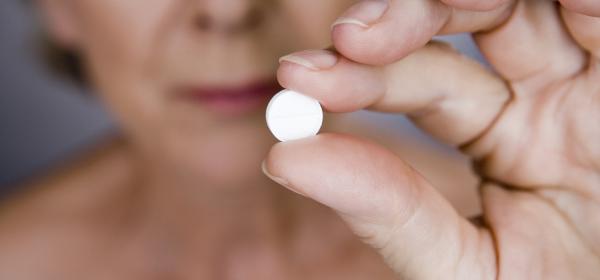Generics and Biosimilars Delivered Record Savings in 2023
As the 2024 U.S. Generic & Biosimilar Medicines Savings Report shows—and as we celebrate the 40th anniversary of the Hatch-Waxman Act—it’s more critical than ever for policymakers to protect generic and biosimilar competition. Delays in competition are costing patients, while generic and biosimilar medicines continue to offer unparalleled savings to both patients and the healthcare system.
The report’s findings are clear: generics and biosimilars generated an impressive $445 billion in savings in 2023 alone, with total savings of over $3 trillion in the past decade. These medications represent 90% of prescriptions filled in the U.S., yet account for only 13% of total prescription drug spending, making them a linchpin of affordable healthcare.
Even more noteworthy, biosimilars have saved $12.4 billion in 2023 and $36 billion since their debut in 2015. Despite these contributions, brand drug patent abuses, PBM financial gamesmanship, and new government policies—including the price-setting measures introduced through the Inflation Reduction Act (IRA)—threaten to undermine the very competition that drives these savings.
Competition is the Answer—Not Price Setting
The solution lies not in government price-setting, but in fostering competition. The 2024 savings report underscores that threats to healthy competition abound, from lengthy FDA approval processes to manipulative PBM practices and brand drug rebate programs. For example, PBMs and health plans are increasingly placing generic medicines on non-generic formulary tiers, forcing patients to pay more for affordable drugs. A staggering 60% of generics in Medicare are placed on higher tiers, and from 2011 to 2019, patient costs for these medicines rose by 135%—even as drug prices dropped.
And PBMs are increasingly slow to cover new generics and biosimilars, even when they offer price discounts of greater than 80 percent.
This manipulation of formulary tiers hurts patients by denying them access to lower-cost medicines. In fact, many patients have responded by abandoning insurance altogether to pay for generics out-of-pocket using pharmacy discount cards.
Biosimilar Development: The Path Forward
Although they represent less than 3 percent of all prescriptions in the U.S., brand biologics and specialty drugs are responsible for over 50 percent of all drug spending, highlighting the importance of new specialty generic and biosimilar competition. But although biosimilars have proven to be just as safe and effective as their brand-name counterparts, more than 80 percent of brand biologics eligible for biosimilar competition have no biosimilars under development. This reflects both the high cost of development and market uncertainty, threatening the future of biosimilars in the U.S.
Addressing Patent Abuse
Congress must prioritize bills aimed at addressing patent abuse in the pharmaceutical industry. Patent thickets are used by brand pharmaceutical companies to maintain high prices and deny patients access to lower-cost medicines. Legislation curbing these abuses will increase healthy competition, allow greater access to generic and biosimilar medicines, and lower costs for patients.
The Hatch-Waxman Act: 40 Years of Protecting Competition
Since its passage in 1984, the Hatch-Waxman Act has been instrumental in creating competition and patient access to generics and biosimilars.
Policymakers must act to preserve the Hatch-Waxman Act’s integrity and ensure competition continues to thrive. The pathway to lower drug costs is clear: streamline the FDA approval process, combat abusive patent tactics, rein in PBM practices, and ensure that government interventions—like the IRA—don’t inadvertently stifle the very competition that’s been saving American patients billions.
In 2023 alone, generics and biosimilars saved U.S. patients and taxpayers $445 billion. Now is the time to safeguard these savings—not erode them through shortsighted policies.
Published on September 10, 2024

